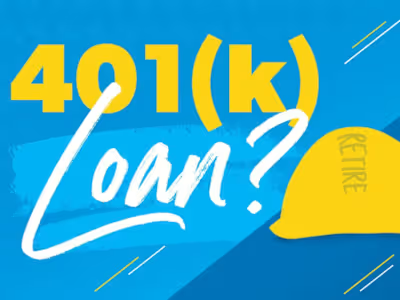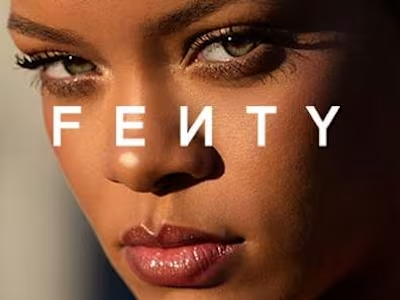Venture Capital and Influencer Marketing
The power of promotion is an old yet effective trick of the trade that the business world has recognized for ages. According to Austrian-born economist and author Rudolf Hilferding, being famous can be a considerably sure path to becoming wealthy for a promoter. Although he was speaking in the context of the stock market, this reality has replicated itself in countless economic aspects today. One of these aspects—our main concern in this post—is influencer marketing.
The idea of a “celebrity endorser” can be traced back to 1927 when Charles A. Lindbergh, a famous American aviator, was sponsored by the affluent Guggenheim family to promote aviation and the technology of flight by traveling the continental United States for 3 months with stops in 92 cities. The scheme worked as it helped to create a “Lindbergh Boom” and convinced Wall Street to heap finances into the aviation industry which was new at the time. Almost a century later, the pre-eminence of the promoter has progressed to make a significant leap in the first decades of the 21st century.
The role of the influencer, today’s equivalent of the celebrity endorser, is to persuade people to purchase something regardless of its intrinsic value. In “influencer marketing,” businesses pay well-known social media personalities and content creators to publish positive reviews of their goods or services, or, at the low end, they give them free products. Interestingly, these influencers are commandeering an increasing percentage of marketing budgets, with some even bagging branded collaborations with these companies. Regarding content creators, the creator economy is estimated to be worth more than $100 billion, and more than 50 million people worldwide consider themselves creators. Nonetheless, this is still a budding area in terms of investment as the vast majority of creators are primarily amateurs.
The beauty and fashion industries are two of the major areas where we have all seen the power of influencer marketing spotlit heavily. Let’s look at the Kardashians, for example. In 2012, JustFab was a venture-funded retailer that set out to leverage social-media-based celebrity promotion which had become increasingly popular. Hence, they co-founded ShoeDazzle with Kim Kardashian. Being a fairly new strategy in the industry, ShoeDazzle wasn’t exactly a hit, and neither were some other early attempts at branded collaborations with celebrity influencers.
Nevertheless, the Kardashian clan today remains among the most successful celebrity influencers of all time. The strategy that failed to achieve immense success a decade ago is the formula that has given these women multi-million and billion-dollar enterprises. The family has achieved this by partnering with more experienced industry figures. Teamed up with fashion strategist Emma Grede, Khloé founded Good American jeans and Kim founded Skims shapewear. Furthermore, with the beauty incubator Seed Beauty, Kylie Jenner created Kylie Cosmetics and Kim created KKW Beauty. Both of these beauty brands would later attract 9-figure investments at billion-dollar valuations from French American beauty conglomerate Coty.
Exceeding the realm of basic influencer marketing, the Kardashians did not just get mere product endorsements or licensing deals. They founded startups that were able to swiftly amass so much success because of the family’s popularity, of course, and the immense value spotted in these brands by venture capitalists. Key VC investments were made in these enterprises with the purpose of acquisition at an inflated price or a hyped public offering, but still with the end goal of foreseeable monumental profit. Why? Because the Kardashians are influential. The whole world is still buying products from Kylie Cosmetics, KKW Beauty, and all their other brands, and this reality is likely not going to change any time soon.
This reality was replicated in similar cases like Addison Rae’s Item Beauty and Becky G’s Treslúce. Both were launched under the Madeby Collective incubator by Beauty for All Industries (BFA)—the parent company of subscription beauty services Ipsy and BoxyCharm. These two brands founded via collaborations with celebrity influencers have been successful enough to convince the big capitalists too, yielding Beauty for All Industries a $96 million investment from private-equity firm TPG.
So yes, we can say that venture capitalists and influencer marketing are indeed a match made in economic heaven. That is, for the brands, influencers, and their investors. However, on the end of the consumer, that’s an entirely different breakdown and analysis altogether.
Like this project
Posted Mar 23, 2025
Venture Capital and Influencer Marketing: A Match Made in Heaven?
Likes
0
Views
5
Timeline
Dec 30, 2022 - Jan 2, 2023




